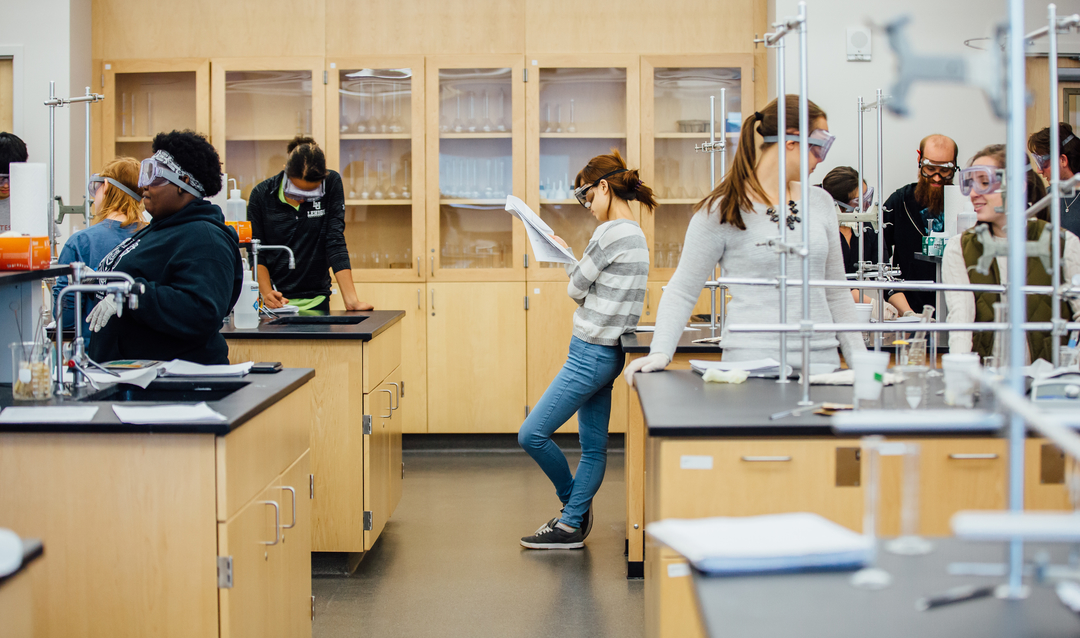With the goal of enhancing the education Lehigh provides by helping faculty and teaching assistants better understand and welcome the diverse populations of students in their classrooms and labs, Lehigh hosted a two-day workshop across disciplines in January that explored the psychology of student success and promoted discussion of teaching, learning and belonging.
Guest speaker Omid Fotuhi, a former research associate with the Learning Research & Development Center at the University of Pittsburgh and now director of learning innovation at WGU Labs, addressed why “belonging” matters, what “belonging” is, and what strategies can be implemented in classrooms and curricula to foster it among students in diverse populations.
The workshop was part of Lehigh’s efforts to advance its diversity, inclusion and equity goals and to continue to build an inclusive Lehigh community.
“Participation and engagement in discussions like this, in workshops like this, in conversations like this, is essential to us thinking about how best to thoughtfully engage every member of the community, at all times in our work of living, learning and creating new knowledge together,” said Lehigh President Joseph Helble at the start of the workshop. “...For me, the best sense of our success will be down the road, when every student, every faculty member, every staff member says and knows that they are fully embraced, welcomed, supported and respected for who they are and the perspective they bring in absolutely everything that they do. That matters in the classroom, and that matters outside the classroom.”
Provost Nathan Urban also addressed the hallmarks of inclusive excellence in teaching. “If we bring a student here to Lehigh, we admit someone here to Lehigh, it is our responsibility to create an environment in which they can be successful,” which includes helping them to achieve their goals, he said. “It is not just our job to set a bar and see who can cross it, but rather it is our job to create an environment in which as many people as possible can succeed in the ways that are most important to them.”
In his presentation, Fotuhi said a person’s core need to belong stems from birth, since newborns’ survival depends on someone taking ownership of them, feeding and caring for them and indicating they belong in the world. That need to belong—to know one is valued and accepted unconditionally—persists throughout a person’s lifetime, he said.
“To forego or to overlook the need to belong,” Fotuhi said, “would mean that we're basically overlooking a core foundational need that is the basis for normal functioning.”
The issue is relevant for colleges and universities, as polls indicate that students’ academic and social experiences in college determine the kinds of lives they have post-college. But while there is greater diversity among today’s students, he said, colleges have inherited a pedagogy model that might be outdated—one developed for a more homogenous group of students and transferred from generation to generation.
Fotuhi asked attendees to consider the different circumstances of two students—one who perhaps woke up for class well-rested, had breakfast, got dressed and drove to campus, and the other who perhaps had to work until midnight the previous night, had no hot breakfast and traveled for hours by public transit to get to class. Educators might expect those two students to perform the same way, he said, and not recognize the diverse experiences and journeys the students brought to that moment or know how to tailor the experiences to enhance the learning for each of them.





